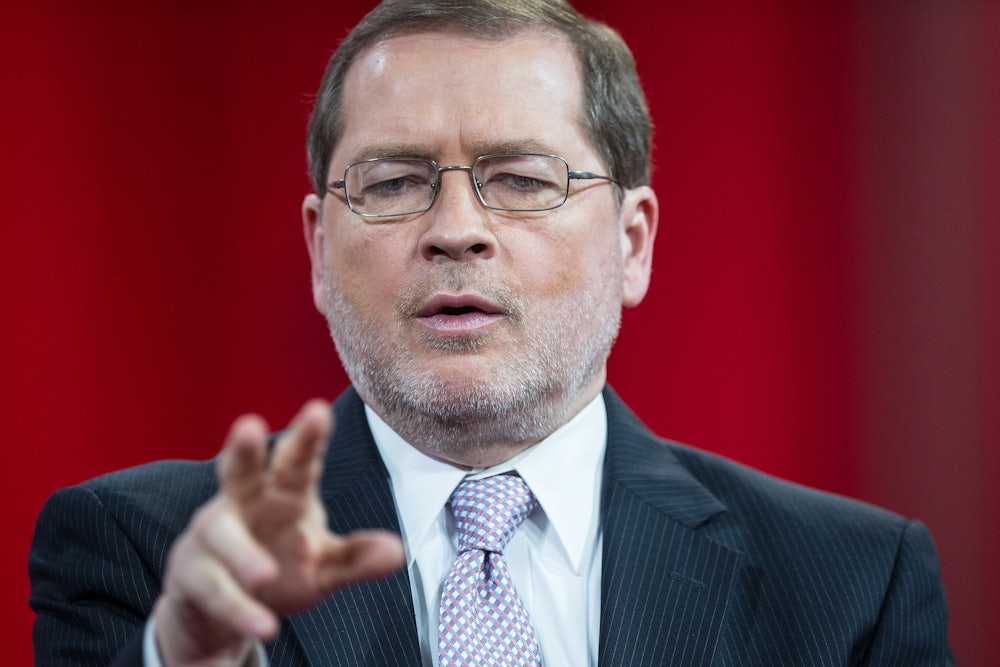President Biden unveiled his budget last week, and everyone immediately pronounced it dead on arrival. This is because the proposal has—gasp!—tax increases. The Republican Party won’t tolerate them, so the budget is dead.
Yes, Biden proposes to increase several taxes. They’re all on plutocrats and corporations: a billionaires’ minimum tax, a stock buyback tax, a higher capital gains rate for the wealthiest investors, an increase in the tax that sustains Medicare on dollars earned above $400,000, a hike in the top marginal rate for individuals and couples, and so on. He proposes these increases not just for kicks, of course, but to pay for public programs for the rest of us that he wants the federal government to support.
Congress has failed to pass a budget on time almost every year for the last 45 years. There are many reasons for this sorry state of affairs. But there is one that stands out over all the rest. Democrats and Republicans can’t negotiate a budget anymore because only one side is willing to negotiate. That is to say—Democrats are willing to discuss the budget cuts Republicans want. But Republicans are not willing to discuss the tax increases Democrats want. And you can thank one man in particular.
Grover Norquist has been running Americans for Tax Reform since the Reagan era. It was back then, in 1986, that he came up with what I must confess has been an effective—if ruinous—idea: the Taxpayer Protection Pledge that his organization asks political candidates to sign.
The pledge really became a thing in conservative circles after 1990, when President George H.W. Bush agreed with the Democratic Congress to a tax increase. In 1988, Bush had said at his convention: “Read my lips: no new taxes.” But reality impinged on his promise in the form of a savings and loan crisis (precipitated, of course, by free-market deregulation courtesy of a 1982 banking law). The federal government had to spend a lot of money to cover that fiasco. Deficits shot up. Fed Chair Alan Greenspan said he wouldn’t ease the money supply until he saw evidence of deficit reduction. Doing that merely via spending cuts was, as it always is, smoke and mirrors. So, Bush did the responsible thing.
Conservatives howled. In the Senate, Republicans split roughly evenly on the budget package that included the tax increases. But in the House, Republicans voted against their own president 163–10 (the bill passed with Democratic support). There was a recession at the time. It had started before the deal was signed, but its duration allowed conservatives to blame it on the tax hikes. Bush went on to lose his reelection bid, and Norquist’s pledge assumed its legendary status.
Norquist’s pledge has done more to destroy policymaking and derail the normal horse-trading of the legislative process than any other single development of the era. Let’s consider a scenario: Congress says, We need to spend some money on X. To oversimplify a bit, there are only basically two ways to do it. Take money from Y, or raise more revenue, or some combination thereof. That’s how politics usually works.
It’s how it worked in 1983, for example, when Ronald Reagan and Democratic House Speaker Tip O’Neill made a deal to keep Social Security solvent. They combined the cuts the Republicans wanted (notably raising the retirement age) with the tax increases Democrats wanted (hiking the withholding tax). At the last second, there was an impasse. They averted crisis by agreeing to tax the benefits of the very wealthy. The Republicans on a commission appointed by Reagan agreed to this, as did enough Republicans in Congress to pass it, as did of course Reagan himself, who signed it into law.
But since 1990, with a few minor and often temporary exceptions, Republicans in Congress have not voted for a single tax increase. That’s 33 years of obstinacy. Vast new forms of wealth have been created in those years, massive fortunes built, trillions of dollars—$50 trillion to be precise, according to a 2020 Rand study—of wealth transferred from the middle class to the very rich, and not a single Republican has voted to increase a tax.
This is not just income taxes, by the way. It’s any tax. The last time the federal government raised the gas tax was in 1993, in Bill Clinton’s first budget, 30 years ago. It’s been 18 cents a gallon ever since. What’s the problem with that, you ask? Well, the gas tax, like the taxes Biden proposed last week, isn’t imposed for fun. It pays for road repair and mass transit (and to maintain the safety of gas storage tanks across the country). It should have been going up at a steady though not onerous rate for all those years. There’s a reason our roads and bridges are crumbling, and the reason is that Republicans won’t pay for upkeep.
Wanna know what the gas (petrol) tax is in the EU? At least $1.55 per gallon. Yes, that’s a lot of money. Wanna know which continent, generally speaking, has the best roads? Europe. Coincidence? No. America’s roads, in this survey, rank thirty-sixth. But hey—we’re ahead of Mauritius! (This small island off the coast of Madagascar ranks thirty-seventh.)
Well, we’re not those lazy, freeloading Europeans. We’re America. We’d rather have shitty roads and low taxes! Except—that’s not really true, either. If it were, the states would be following Washington’s example. So you know how many states have raised the gas tax in those 30 years? The answer is 47! All but Alaska, which, because it has all that oil, has a negligible gas tax, along with Mississippi, which is always striving to be last in everything, and oil-rich Louisiana. In just the last two years, meanwhile, the gas tax has been raised in such Marxist hotbeds as Nebraska, Utah, South Carolina, Arkansas, Tennessee, and Indiana.
Since I mentioned the states, here’s another valuable point worth making about the pledge. In Congress, 42 senators and 189 House members have signed the pledge. All are Republicans, which means that 86 percent of GOP senators and 85 percent of the party’s House members have signed on to participate in a permanent stranglehold on policymaking.
You will sometimes see a Washington journalist write a lazy sentence like, “Norquist has a similar stranglehold over most state legislatures.” But this is not remotely true. Sunday morning, I went to the Americans for Tax Reform website and counted.
In lower state Houses, of 2,889 GOP members, just 662 had signed the pledge. (Note: ATR asks candidates to sign the pledge in every election cycle, and its list includes incumbents and nonincumbents, so my 662 could be off by a little bit, because I didn’t go check whether every nonincumbent signatory won—I checked a few—but in any case, the number of nonincumbent signatories was small, so if my 662 is off, it isn’t by much.)
Think Norquist has a stranglehold on, say, Ohio, one of most radical-right legislatures in the country? Only five of 65 signed there. You’ll see similar ratios elsewhere: Indiana, 13 of 70; Georgia, 15 of 101; Wisconsin, 15 of 64; Pennsylvania, nine of 100; Montana, eight of 67; Florida, 29 of 84; Texas, 31 of 86; Kansas, eight of 85. And so on. I didn’t run the state Senate numbers as fully, but I looked through them, and they’re the same: In Louisiana, two of 27; in Utah, four of 23; in Mississippi, seven of 36.
Why do these state legislators have such an apparently different view of the pledge from Washington counterparts? Because they live in the real world. They have to balance budgets, so they know that sometimes you have to increase a tax. It’s only in the fantasyland of Washington that Republicans can be so insanely irresponsible.
And make no mistake—it is the Republicans who are fiscally irresponsible. Consider these deficit numbers. Jimmy Carter left office with a deficit of $74 billion, which made conservatives apoplectic. Reagan doubled it. Bush Sr. nearly doubled it again. Clinton wiped it all away and left the country with a $236 billion surplus. Bush Jr. wiped out the surplus and tacked on $460 billion in deficits (that is, adding those two figures, he finished nearly $700 billion in the red). Obama increased the deficit by about $125 billion (after inheriting the biggest financial crisis in 80 years, helped along, again, by Republican-led deregulation). Trump increased the deficit by … wanna guess? Try $2.6 trillion. In sum, in the last half-century, Democratic presidents have actually reduced the deficit, because of the numbers under Clinton, while Republican presidents have increased it by something greater than $3.5 trillion.
It’s not even close as to which party is more fiscally sound. It’s the party that’s willing to raise taxes—to do things like protect the Medicare Trust Fund, as Biden wants to do. The party that won’t consider the tax increases Biden proposes—on a sliver of the population (the 1 percent) that got $6.5 trillion richer last year, by the way, in one short year, leaving it owning a record 32.3 percent of the country’s wealth—is the party that shuts down any hope of compromise, all because of this destructive pledge, on the very day the president proposes his budget. That’s your real March Madness.










